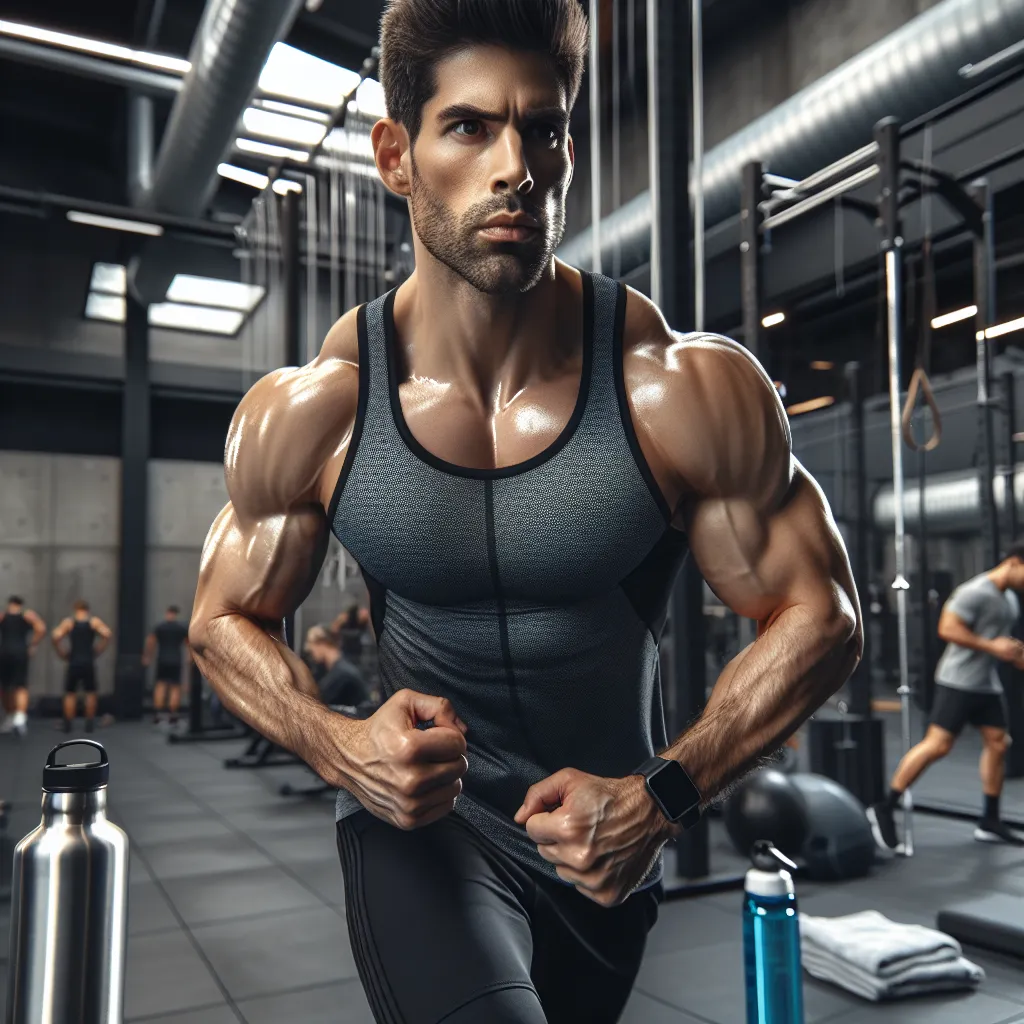Peak conditioning is a crucial concept in the world of sports and fitness, and it’s equally important for IELTS test-takers to understand. Let’s delve into this term and explore how it can be applied to your IELTS preparation.
Definition and Pronunciation
Peak conditioning (noun)
/piːk kənˈdɪʃənɪŋ/
Definition: The state of being in optimal physical and mental form, typically achieved through rigorous training and preparation.
Context and Usage
Examples in Sports and Fitness
-
“The Olympic athletes strive to reach peak conditioning just before the games.”
This sentence illustrates how peak conditioning is a goal for high-level athletes, emphasizing the timing of achieving optimal form. -
“Her peak conditioning allowed her to set a new world record in the marathon.”
Here, we see the direct correlation between peak conditioning and performance outcomes. -
“The coach implemented a specialized training regimen to ensure the team’s peak conditioning for the championship match.”
This example showcases how peak conditioning is a deliberate process, often guided by professionals. -
“Athletes must balance intense training with adequate rest to maintain peak conditioning throughout the season.”
This sentence highlights the complexity of achieving and maintaining peak conditioning, emphasizing the importance of recovery. -
“The boxer’s peak conditioning was evident in his stamina during the 12-round fight.”
Here, we see how peak conditioning manifests in endurance and performance.
Common Contexts
In sports and fitness, peak conditioning is frequently discussed in relation to:
- Pre-competition preparation
- Training cycles
- Performance optimization
- Injury prevention
- Career longevity

Frequency in IELTS
While peak conditioning is not a high-frequency term in IELTS, it can appear in:
- Reading passages about sports science or athletic performance
- Listening sections discussing fitness or training regimens
- Speaking tasks related to health, sports, or personal achievements
- Writing Task 2 essays on topics such as the importance of physical fitness or the pressure on athletes
Understanding this term can be beneficial for test-takers, especially those interested in sports-related topics or aiming for a high band score.
Vocabulary Analysis
Word Structure
- Peak (adjective): Highest point or maximum
- Conditioning (noun): The process of training to reach a certain state
Synonyms and Antonyms
Synonyms:
- Optimal fitness /ˈɒptɪməl ˈfɪtnəs/: The best possible physical condition
- Prime form /praɪm fɔːm/: The state of being at one’s best
- Top shape /tɒp ʃeɪp/: Excellent physical condition
Antonyms:
- Poor condition /pʊə kənˈdɪʃən/: Suboptimal physical state
- Out of shape /aʊt əv ʃeɪp/: Not in good physical condition
- Deconditioned /diːkənˈdɪʃənd/: Having lost physical fitness
Memory Techniques
Mind Map
Create a mind map with “Peak Conditioning” at the center, branching out to related concepts:
- Training methods (e.g., interval training, strength training)
- Nutrition (e.g., balanced diet, hydration)
- Rest and recovery (e.g., sleep, active recovery)
- Mental preparation (e.g., visualization, goal setting)
- Performance indicators (e.g., endurance, strength, speed)
Storytelling Technique
Imagine an athlete named Alex preparing for the Olympics:
“Alex knew that achieving peak conditioning was crucial for Olympic success. Every day, she pushed her limits in training, fueled her body with nutritious meals, and ensured adequate rest. As the games approached, Alex felt stronger, faster, and more mentally focused than ever before. Her peak conditioning paid off when she stood on the podium, gold medal gleaming around her neck.”
Practice Exercises
-
Write a paragraph describing how you would achieve peak conditioning for an important event in your life, whether it’s sports-related or not.
-
Create a dialogue between a coach and an athlete discussing the importance of peak conditioning and strategies to achieve it.
-
Compare and contrast the concept of peak conditioning in sports with academic preparation for exams like IELTS. How are they similar or different?
-
Use peak conditioning in a sentence along with at least two of its synonyms or related terms.
-
Describe a time when you or someone you know achieved a state of peak conditioning. What were the results?
Conclusion
Understanding peak conditioning not only enriches your vocabulary for IELTS but also provides valuable insights into the world of sports and personal achievement. This concept emphasizes the importance of holistic preparation, balancing physical training with mental readiness and proper recovery.
As you prepare for your IELTS exam, think of your study regimen as a journey towards peak conditioning for academic success. Just as athletes fine-tune their bodies and minds for optimal performance, you can tailor your study habits, rest patterns, and mental strategies to achieve your best possible score.
Remember, consistent practice and application of new vocabulary is key to athletic conditioning in language learning. We encourage you to use peak conditioning and its related terms in your speaking and writing practice. Share your experiences or ask questions about this term in the comments below – your insights might help fellow learners on their IELTS journey!